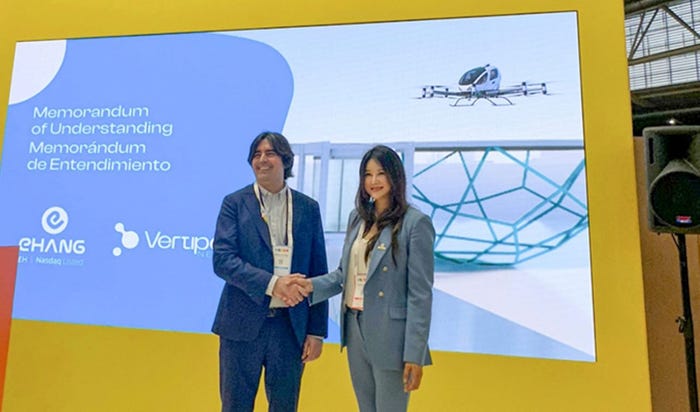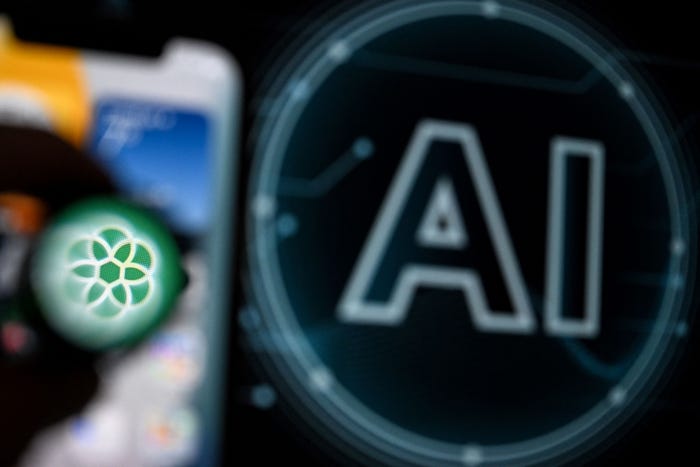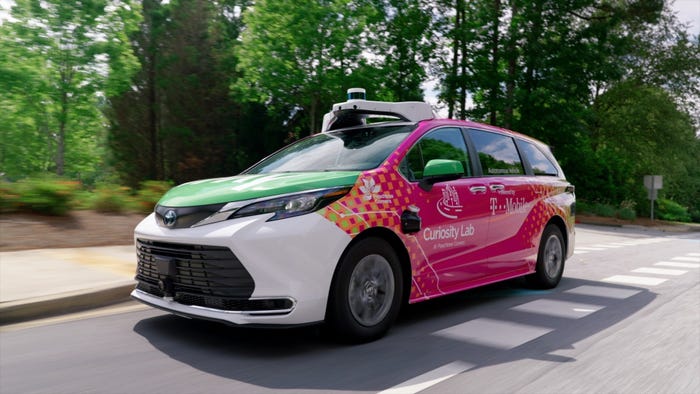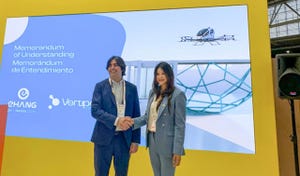Rich Compensation at Google Car Project Fueled Talent Departures
For the past year, Google's car project has been a talent sieve, thanks to leadership changes, strategy doubts, new startup dreams and rivals luring self-driving technology experts. Another force pushing people out? Money. A lot of it.
February 14, 2017

Early staffers had an unusual compensation system that awarded supersized payouts based on the project's value. By late 2015, the numbers were so big that several veteran members didn't need the job security anymore, making them more open to other opportunities, according to people familiar with the situation. Two people called it “F-you money.”
In December, the car unit morphed into a standalone business called Waymo, and the system was replaced with a more uniform pay structure that treats all employees the same, according to a person familiar with the situation. Still, the original program got so costly that a top executive at parent Alphabet Inc. highlighted it last year to explain a jump in expenses. A spokeswoman for Alphabet, the holding company that owns Google and “Other Bets” like the autonomous car business, declined to comment.
The payouts contributed to a talent exodus at a time when the company was trying to turn the project into a real business and emerging rivals were recruiting heavily. The episode highlights Alphabet's difficult transition from a digital advertising giant into a diversified technology company with varied groups of employees requiring different incentives. Other new businesses, including health care unit Verily, use different compensation systems too, but they have yet to generate huge payouts like the car project.
The unorthodox system started in 2010, soon after Google unveiled its first self-driving vehicle. It was constructed to tie employees' fortunes to the performance of the project, rather than Google's advertising money machine. In addition to cash salaries, some staffers were given bonuses and equity in the business and these awards were set aside in a special entity. After several years, Google applied a multiplier to the value of the awards and paid some or all of it out. The multiplier was based on periodic valuations of the division, the people said.
The precise metrics that the division was measured by– and caused the bonuses to balloon– are not known. But by 2015, the Google car project had come a long way: Google’s vehicles had logged more than one million autonomous miles; car companies including Toyota Motor Corp. and Tesla Inc. announced their own plans to develop autonomous systems; and analysts predicted the technology would transform the auto industry.
A large multiplier was applied to the compensation packages in late 2015, resulting in multi-million dollar payments in some cases, according to the people familiar with the situation. One member of the team had a multiplier of 16 applied to bonuses and equity amassed over four years, one of the people said. They asked not to be identified talking about private matters. Part of the problem was that payouts snowballed after key milestones were reached, even though the ultimate goal of the project — fully autonomous vehicles provided to the public through commercial services — remained years away.
It’s unclear how much the payouts cost Alphabet, however, Chief Financial Officer Ruth Porat talked about it during an earnings conference call with analysts in early 2016.
Operating expenses in the fourth quarter of 2015 rose 14 percent to $6.6 billion, “primarily driven by R&D expense, particularly affected by expenses resulting from project milestones in Other Bets established several years ago,” Porat said, according to a transcript. The CFO wasn’t specific, but one of the people familiar with the situation said the comments referred to the car project compensation.
Staff departures from the car division increased in 2016. Some were frustrated with the pace of progress and had doubts about new leader John Krafcik, while others wanted to start their own autonomous vehicle companies, people familiar with the matter said. The big payouts exacerbated the situation because team members had less financial incentive to stay, the people familiar with the situation said.
Chris Urmson, previous leader of the project, departed in August and is working on a startup. Other early project members left to form Otto, a self-driving trucking company that was quickly snapped up by Uber Technologies Inc. Bryan Salesky, a former Google car executive, started Argo AI, which got a $1 billion investment from Ford Motor Co. on Friday.
Urmson and Salesky didn’t respond to requests for comment. Sebastian Thrun, who started the car project and helped design the pay system, didn’t respond to questions, either.
During the early 2016 conference call, Porat suggested a different approach to incentives at Other Bets in the future. “It is about getting more ambitious things done. We’re doing that in a framework to ensure we are disciplined with our resources, and this was just calling out a milestone established some time ago,” she said.
About the Author
You May Also Like






